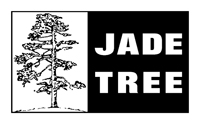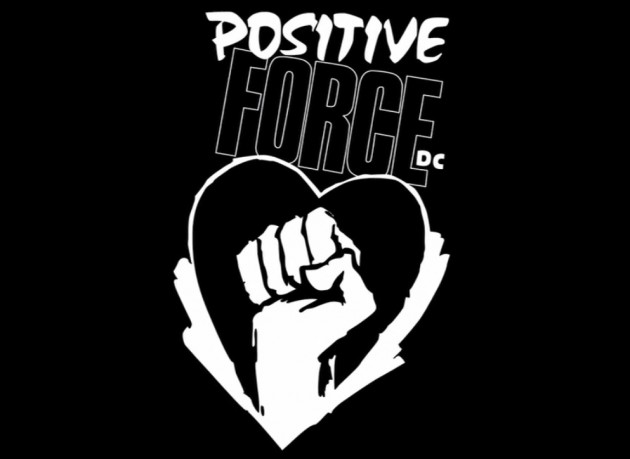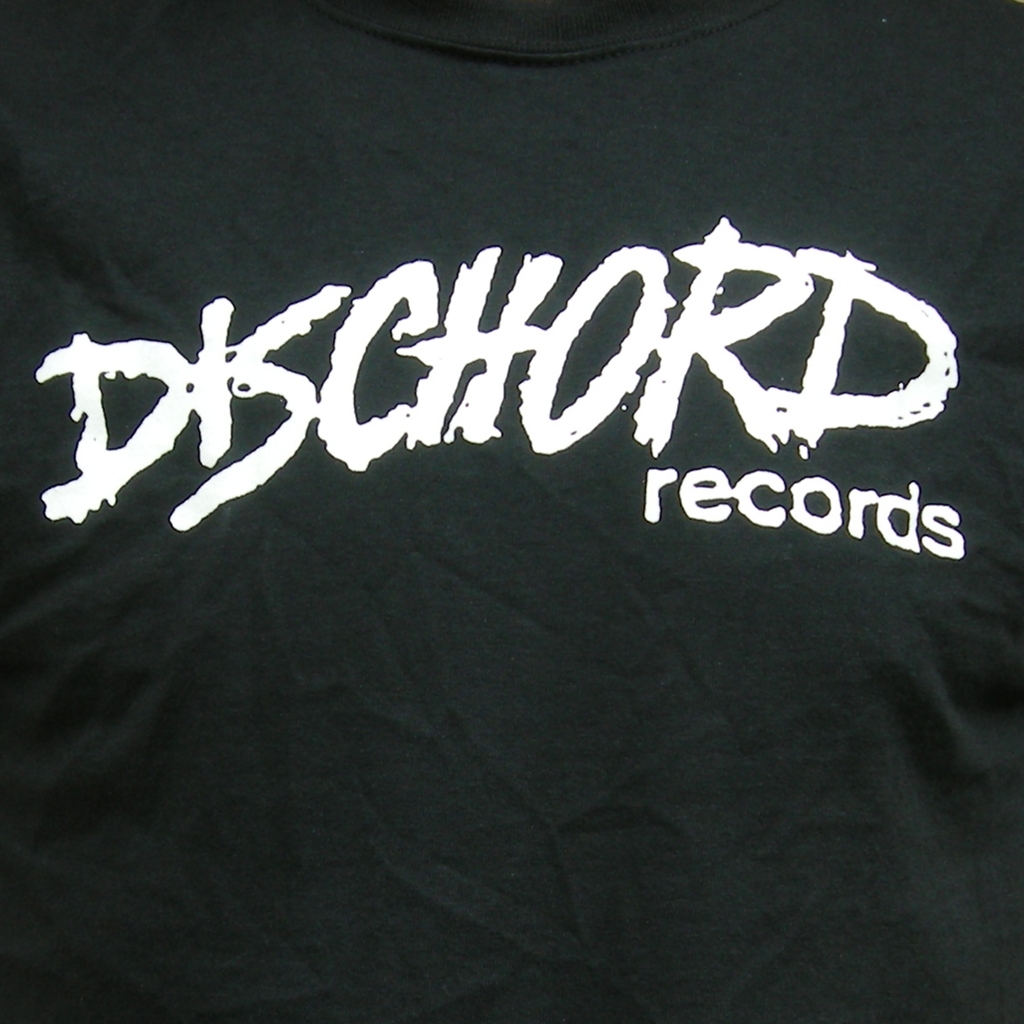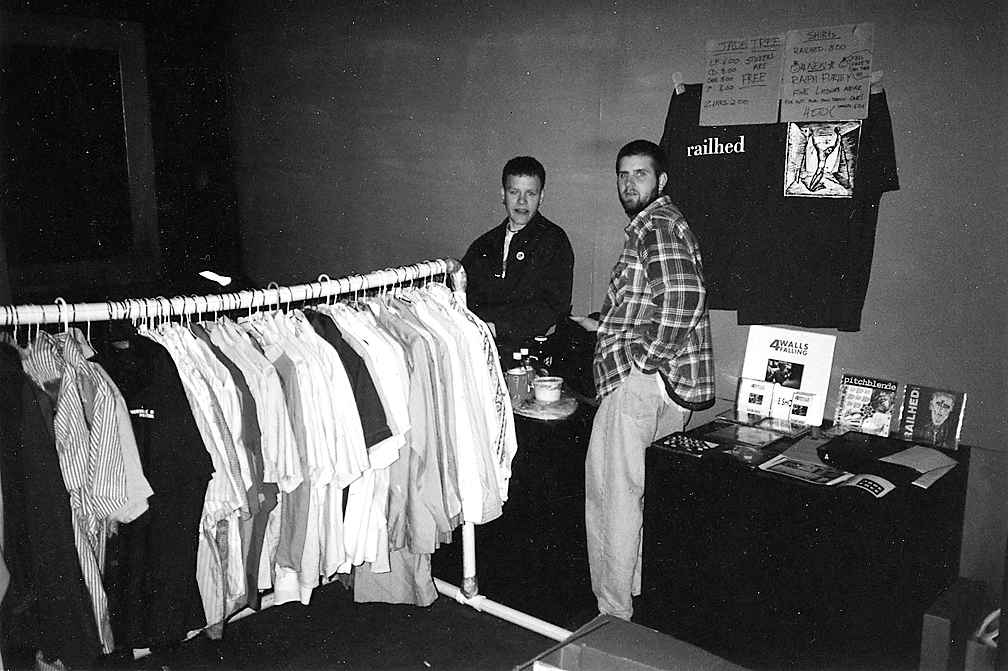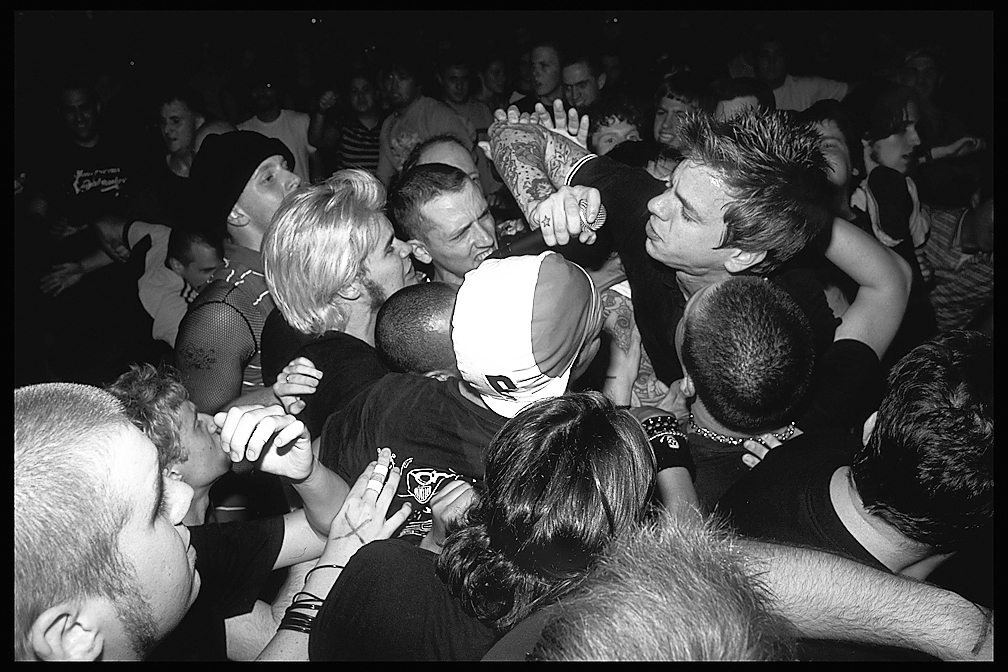Mike McTernan’s journey through the last 20 years has tested the strength of the convictions he’s derived from his experience as the singer of Damnation A.D. He, like many other artists of our reality, suffers from depression and anxiety that he balances against his creative output. The more he does, the stronger his positive sense of self. Such a positivity, he says, was initially lost on him despite his activity in the various sects in the D.C. DIY scene.
Mike noted the division as being strictly between no-rules and male-centered violent hardcore shows and the pointedly constructive shows and events organized by Positive Force and Dischord. Though Damnation A.D. didn’t come into the picture until after Positive Force’s influence had long been established, the punk scene was still plagued by its share of violence, funneling byproducts of mainstream society directly into a so-called safer self-constructive environment.
Mike says, “Some of the hardcore kids…would get in fights or do graffiti in some of the venues, and almost all of the Positive Force stuff was held at churches. In terms of that they were at odds. The hardcore scene could not police itself and sometimes it got out of hand.” Such an environment naturally stifles constructive expression by allowing entry to the negative byproducts of society into the spaces established to undermine them. For Mike, being involved with and allowed to express himself in DIY spaces provided him with a modicum of self-respect in a time in his life when sources were scarce.
Not too long after the time he associates with the onset of his depression and anxiety, Mike was introduced to the D.C. DIY group Positive Force. “I have had problems with depression since I was about 10,” he says, citing Damnation A.D. as his main source of validation. “When I was up on stage I could be someone I couldn’t be in real life. Every day Mike would never have the confidence that I had on that stage...Over the years, as my depression has gotten worse and we play less often, the intensity has grown.”
Mike shares the struggle that many artists silently face; what is there to do when even your creative output doesn’t fulfill you the way it once it did? Or worse yet, what happens when things are going better than you possibly could have imagined, and those depressive, self- sabotaging thoughts and actions still yet linger?
“I think my biggest fear is sometimes I act like a completely different person because of it,” Mike says, “but I just want people to know the reason.” Mike’s inclination to share himself is apparent when you peruse Damnation A.D.’s lyrics. Songs like “Don’t Feel a Thing” from the album In This Life Or The Next, “Give Me a Reason” from Kingdom of Lost Souls, and of course, “No More Dreams” from the 1995 record No More Dreams of Happy Endings all lyrically describe depression as moving through your own life with a lack of control over it, disgust with and disconnection from the world at large and one’s place in it, and a desire to leave this life proportionally intermixed with a fear of death.
Stylistically, addressing these very real mental and emotional issues was the only sensible thing for Mike to do. In DC, they were a well accepted band with ties to the straight edge scene, but Mike had no desire to walk that already well-trod path.
“It’s like singing into a mirror,” he says.
Though maintaining his integrity through straight edge has been one of Mike’s lifelong occupations, it was still yet only one side of his experience, both in music and in life. “Eventually we decided the straight edge aspect was not as important compared to playing music with people we loved and respected,” he remembers, weighing it against a time in his life where his preconceived notions of mental illness worked in hand with his constrained understanding of sobriety, offsetting his responsibility to his own mental and emotional well-being.
“I started calling myself straight edge when I was 12. I didn’t fully grasp what it meant at the time. My best friend’s sister was dating a guy who explained what it was to me and I liked it. I’m 42 now and I still put an X on my hands because I believe I can be a positive influence on younger kids.”
Being the outlet for Mike that it was, Damnation A.D. sometimes either made or broke hisstate at any given time.
“For some reason during my darkest times I am not able to write at all. The [thing] I always compare it is one of those big tubes that someone stands in and the money is flying all around in there just grasping at whatever they can get. That’s like me with words, I’m just grasping at whatever I can get. And usually it’s not much.”
Coming up with the band, Mike was putting in as much work with Damnation as he could. The tours, despite their fun and affirmation of a dream long held, came at the price of the continued damage to Mike’s mental and emotional states. Particularly, his social anxiety skyrocketed.
“When we would tour it got to the point where after we would play I would hide in the van because I was so mentally drained. The thought of talking to others was too much.”
He recognized that a re-examination of his understanding of straight edge and its application to his health needed to occur, and quickly. His emotional state was worsening. In his mind and justifiably so, prescription medications were just as dangerous and potentially habit-forming as any narcotic.
“My problem with psychiatric medications when I was younger was that I perceived that they altered my brain and according to the ‘rules’ that wasn’t considered straight edge,” Mike reveals “But what I started realizing is that they’re mind altering for a reason. Mental illness is a disease and there are drugs out there to help alleviate the pain that comes from it. It took me years of suffering before I made the distinction between abuse and use to survive.”
Through the years of hardening pain, Mike was shaped into a version of himself that had grown acutely aware of his needs. He was forced to recognize his self-actualizing beliefs were in the way of his emotional stability. Then, the choice to take the advice of his therapist and try medication was made for him.
“My therapist had been trying to get me to consider them but I had a very naive view of what they were meant for. Not too long after that I had a seizure. The meds I had to take for that made my anxiety and depression almost unbearable.”
It wasn’t an easy solution, and it didn’t come overnight. Mike had to try a few different medications to achieve a viable balance in his emotional stability. He still deals with this ongoing issue in his life. Through that process, Mike’s perspective on straight edge and what it means in the context of his own life was shifted and expanded.
“Now I see psychiatric meds the way I see any other type of medication. Looking back I kinda vilified mental illness and looked at taking medicine as a weakness.”
It took a painful restructuring of his life which set Mike on a course that still yet required constant self-analysis and emotional labor. This is the experience of living with depression. Mike lives his life with it and around it, using music to make the process a little more manageable for himself, and in his hopes, anyone else who shares it.
“I just want to show people you can be true to your beliefs and who you are. Then it ties into Damnation by showing people that even though I am writing very dark lyrics it’s meant as a way to comfort others.”
-- Pierce Jordan
Check out a gallery of Damnation ADphotos by Mark Beemer here.
